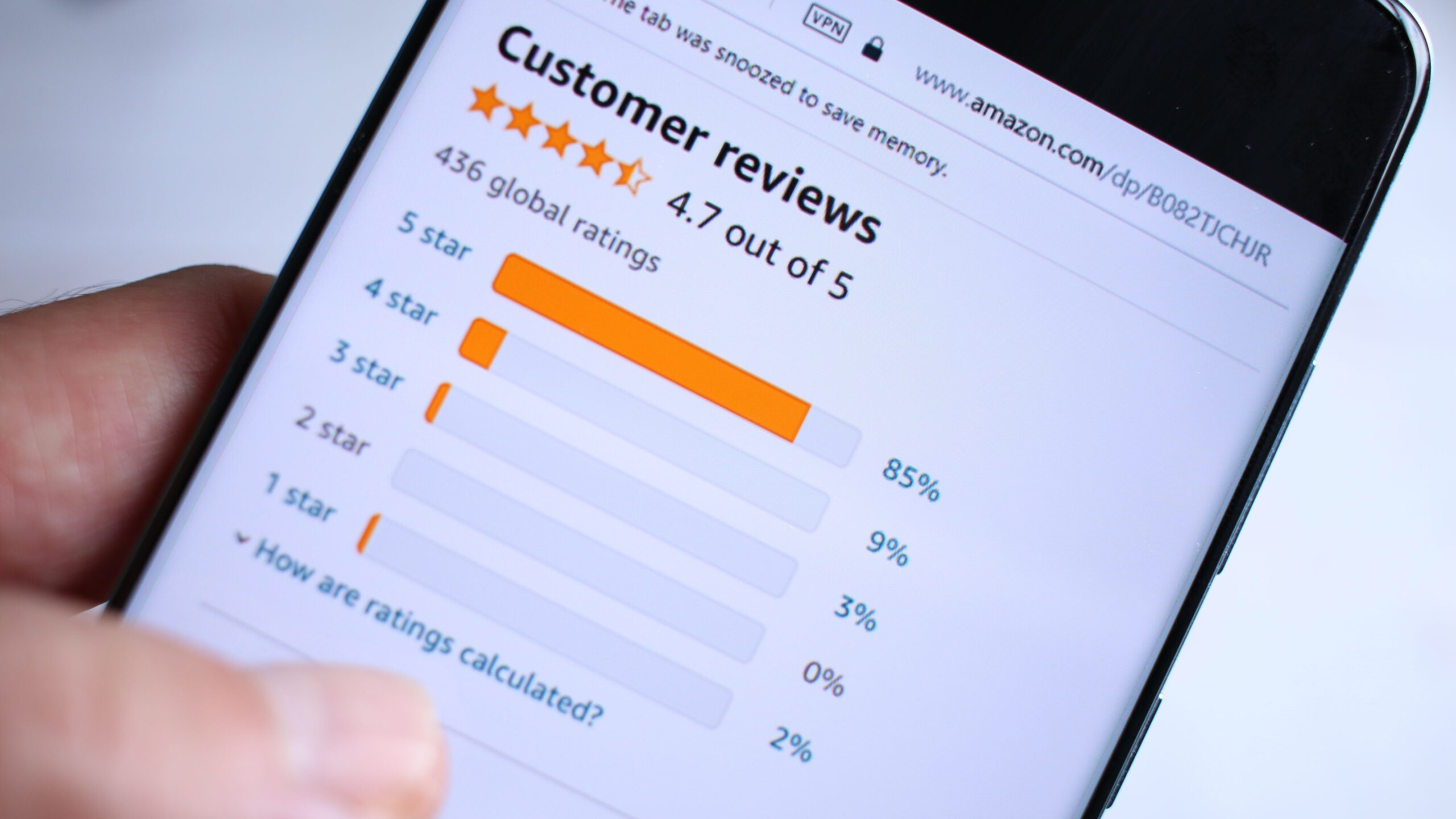Feasting on Accurate Reviews

It’s Thanksgiving week 2023 and shopping both in-person and online will likely see a dramatic uptick heading into the holiday season. As people are eyeing stores and waiting for the coming deals, they are reading reviews to determine what they want to buy. Customer reviews are one of the most important tools consumers have to make smart decisions about products and services. However, certain actors looking to promote or obstruct certain products have turned to review brokers and other methods to inject services with fake reviews. Fake reviews are a clear problem across the internet, but businesses are persistently taking concrete steps to combat and alleviate this problem and maintain consumer trust.
In June of this year, the Federal Trade Commission (FTC) proposed a rule that would punish businesses for buying or selling fake reviews, among other restrictions. Then in October, several online companies – Amazon, Booking, Expedia, Glassdoor, Tripadvisor, and Trustpilot – announced the global Coalition for Trusted Reviews, a collaborative effort to combat review fraud and protect access to trustworthy consumer reviews worldwide.
Some firms, such as Fakespot, contend that there are large amounts of fake reviews online and that they can solve this problem for consumers, offering detection tools that promise to catch fake reviews and ensure a safe and trustworthy shopping process. But these third-party detection tools aren’t a silver bullet, and many of these tools simply aren’t that effective. While these firms claim to “check” reviews, their methodologies lack transparency and their business motives may lead them to overstate the prevalence of fake reviews in these stores. Stats attributed to these companies, including Fakespot, claim surprisingly high percentages of fake reviews on popular sites. But the fact is, these tools are at a large disadvantage in the process because they lack the proprietary data of the services they claim to police, making their results quite inaccurate. Not only can these tools often fail to identify fake reviews or misidentify real reviews as fake, their use could give consumers a false sense of security when purchasing products when they assume that no fake reviews remain while using these tools. While these tools are made to help consumers, they can instead end up harming them.
There are two key misconceptions supporting the narrative that third-party fake review detection tools are necessary:
- Companies are too slow in taking down fake reviews
- Companies aren’t taking enough actions in combating fake reviews
First, services move slower to take down fake reviews because they want to be sure they’re not taking down real reviews. These detection tools are not taking down any speech when reviewing content, they can move quickly declaring what is and isn’t a fake review but face no risk when doing so. The companies and services that host user content all have to contend with user speech, they need to be careful moderating user content. Second, the detection of fake reviews is not straightforward, even more so as AI becomes a ubiquitous tool. Services use far more than a simple grammar check to determine whether a review is fake or not, many companies are combining human and automated methods to maximize catching fake reviews. Companies that host reviews have proprietary data, including whether the seller has invested in ads, customer-submitted reports of abuse, review history, and other indications of unusual or risky behavior that they analyze to identify deeper relationships between bad actors and better identify reviews that are fake.
Companies offering reviews are investing significant resources to both root out fake reviews and pursue bad actors. Amazon has an in-depth blueprint describing its efforts to stop fake reviews and utilizes tools such as its large amounts of data in combination with machine learning and AI. And in July 2022, due in part to the efforts of Amazon’s fraud and abuse team of over 12,000 employees, Amazon filed legal action against the administrators of more than 10,000 Facebook groups that attempt to orchestrate fake reviews on Amazon. Throughout 2022, Amazon blocked more than 200 million suspected fake reviews. Tripadvisor employs fraud detection technology and investigative teams to detect fake reviews and its 2023 review transparency report notes that only 4.4% of its reviews in 2022 were fake with 72% of fake reviews being caught before being posted online. Google and Yelp both employ automated systems and human moderators. Yelp even runs sting operations shaming businesses misleading consumers with fake reviews. Google combats fake reviews on many of its services, one example being its work using machine learning to remove 115 million rule-breaking reviews on Google maps.
Instead of tools from outside firms, the companies and services that host reviews are in the best position to police fake reviews. No one has a greater incentive than the companies themselves to ensure the reliability of the content on their platforms and many companies work hard to ensure that the reviews consumers see online are trustworthy. Companies are constantly improving their services and they continue to devotedly tackle this issue.








